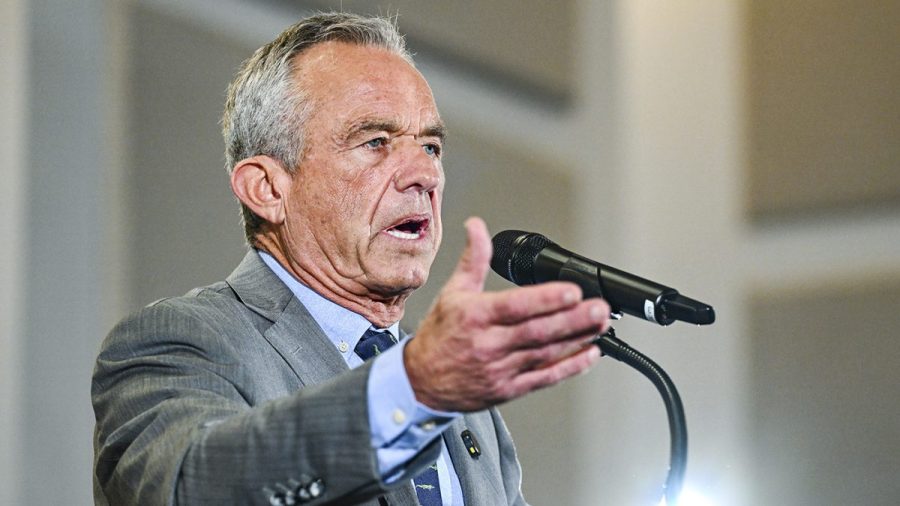Family members of Robert F. Kennedy Jr., the United States Secretary of Health and Human Services, have publicly called for his resignation, citing concerns over his leadership during a recent congressional hearing. The demand comes after a session where Kennedy faced tough questions from both Republican and Democratic lawmakers regarding his management of federal health agencies and controversial policy changes.
During the hearing, which lasted over three hours, Kennedy defended his recent actions to retract COVID-19 vaccine recommendations and dismiss senior officials at the Centers for Disease Control and Prevention (CDC). His leadership decisions have raised alarms among various health professionals and have led to significant organizational changes within the Department of Health and Human Services.
Kennedy’s sister, Kerry Kennedy, and his nephew, Joseph P. Kennedy III, expressed their disapproval through social media statements. Joseph P. Kennedy III, a former congressman, stated, “Robert F. Kennedy Jr. is a threat to the health and wellbeing of every American,” emphasizing that the repercussions of his actions affect all citizens. Kerry Kennedy echoed this sentiment, arguing that “medical decisions belong in the hands of trained and licensed professionals, not incompetent and misguided leadership.”
These comments align with a pattern of familial discontent toward Kennedy’s public stance, especially regarding his anti-vaccine advocacy. Earlier this year, some relatives urged senators to reject Kennedy’s nomination as health secretary, citing his controversial views on vaccines as disqualifying. Kennedy has been a prominent figure in the anti-vaccine movement for many years, and his recent appointment has propelled these beliefs into the highest echelons of the U.S. public health system.
Since taking office, Kennedy has initiated sweeping changes within health agencies, resulting in thousands of layoffs and a reconfiguration of vaccine guidelines. These shifts have contradicted assurances he provided during his confirmation hearings, alarming various medical organizations and public health officials, particularly in states led by Democrats.
As the fallout continues, medical groups are adjusting their vaccine recommendations in response to Kennedy’s policies. The implications of these changes are profound, potentially reshaping public health strategies across the nation.
The calls for Kennedy’s resignation underscore the deep divisions within his own family regarding his approach to health policy and public safety. As debates surrounding vaccination and public health intensify, the future of Kennedy’s role within the Trump administration remains uncertain.
